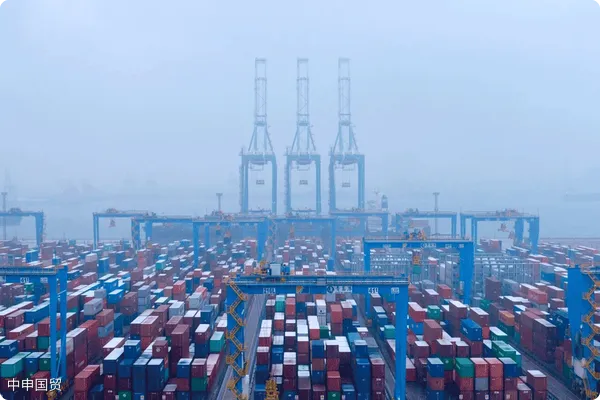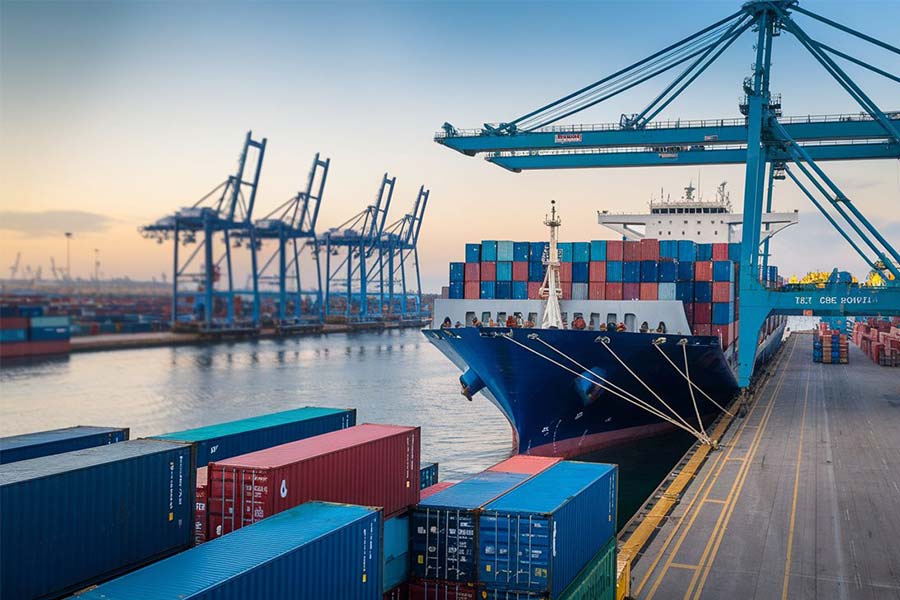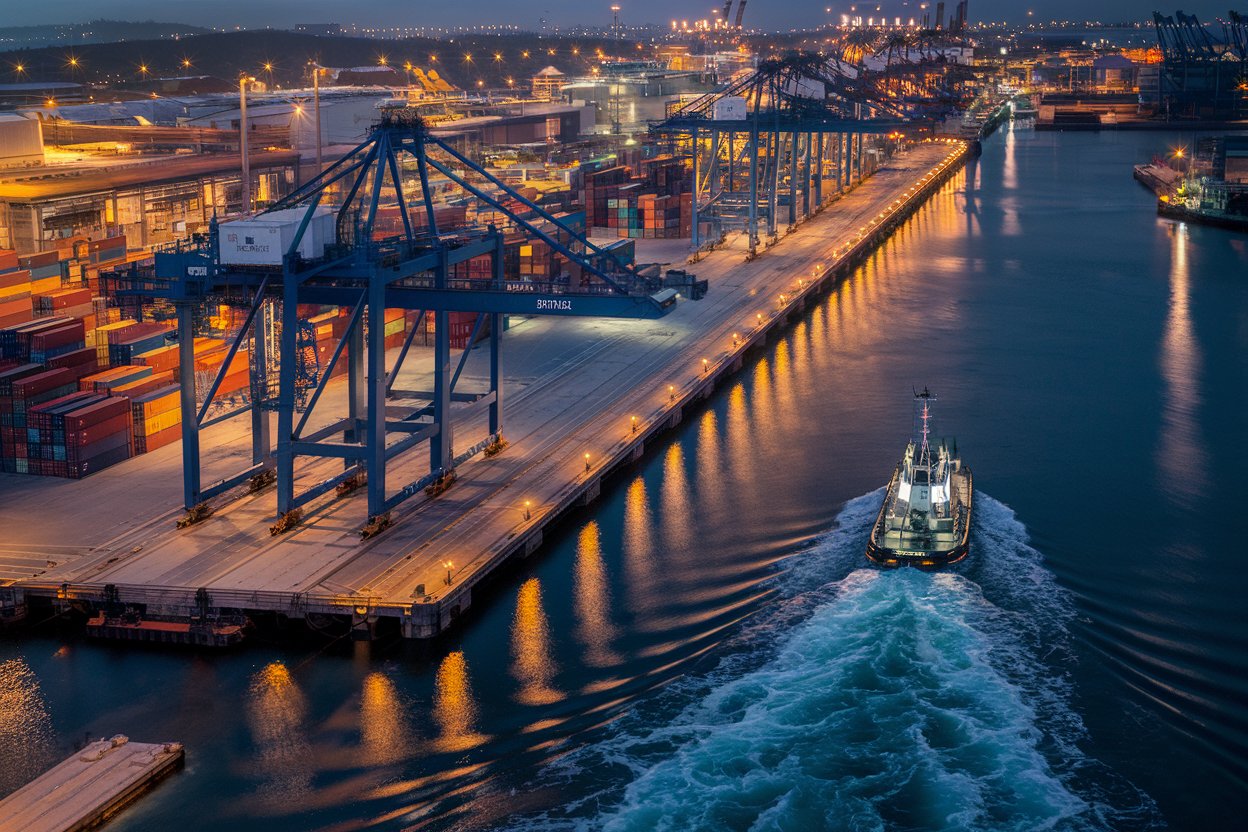- Shanghai Zhongshen International Trade Co., Ltd. - Two decades of trade agency expertise.
- Service Hotline: 139 1787 2118

Contents
ToggleEquipment ImportsReal market challenges
Against the backdrop of global supply chain restructuring in 2025, domestic manufacturing enterprises continue to see growing demand for importing precision machine tools, medical equipment, and scientific research instruments. However, according to the latest statistics from the General Administration of Customs, 37% of companies experienced customs clearance delays during their first independent import attempt, incurring additional warehousing costs averaging 80,000 to 150,000 yuan. A Yangtze River Delta auto parts manufacturer recently reported that due to unfamiliarity with the revised clauses of the 2025 "Measures for the Administration of Import of Mechanical and Electrical Products," a German-made CNC machining center worth 22 million yuan was held up at the port for 23 days.
The Core Value of Professional Agency Services
Compared to independent operations by enterprises, high-quality agency companies can bring three core advantages:
- Time - effect control: The pre-classification system reduces the HS code confirmation time by 50%.
- Professional support: Utilize free trade agreements to reduce tariffs by an average of 5-12%.
- Risk control: Professional pre-screening avoids 98% of document compliance issues.
Six Golden Rules for Choosing an Agency
- Qualification review
- AEO (Authorized Economic Operator) Advanced Certification qualification from customs
- Filing Certificate for Import of Equipment in Specific Industries
- Service capabilities
- Is there a mechanical and electrical product classification expert available?
- Number of countries covered by overseas inspection teams
- Case Verification
- Successful Cases of Importing Similar Equipment
- Emergency response speed
Key Operational Points for Customs Clearance in 2025
Regarding the new regulations set to take effect in 2025, special attention must be paid to:
- Requirements for the Alignment of EU CE Certification and Domestic CCC Certification
- Change in Criteria for Determining the Age of Second-hand Equipment
- Special declaration process for cross-border data storage equipment
In-depth Analysis of Typical Service Scenarios
A case study of a biopharmaceutical company importing a freeze dryer from Germany demonstrates: the agency completed three key operations in advance—
- Anticipate disputes over HS code classification of core components of the equipment
- Plan the optimal route to save time and costs.Maritime TransportationDuration: 11 days
- Application for tariff reduction on R&D equipment saves 820,000 yuan.
Proposal for Establishing a Long-term Cooperation Mechanism
It is recommended to establish a quarterly service evaluation mechanism, with a focus on monitoring:
- Document accuracy rate remains above 98%.
- Response to abnormal situations within 2 hours.
- Policy Change Proactive Notification Mechanism
Related Recommendations
? 2025. All Rights Reserved. Shanghai ICP No. 2023007705-2  PSB Record: Shanghai No.31011502009912
PSB Record: Shanghai No.31011502009912










